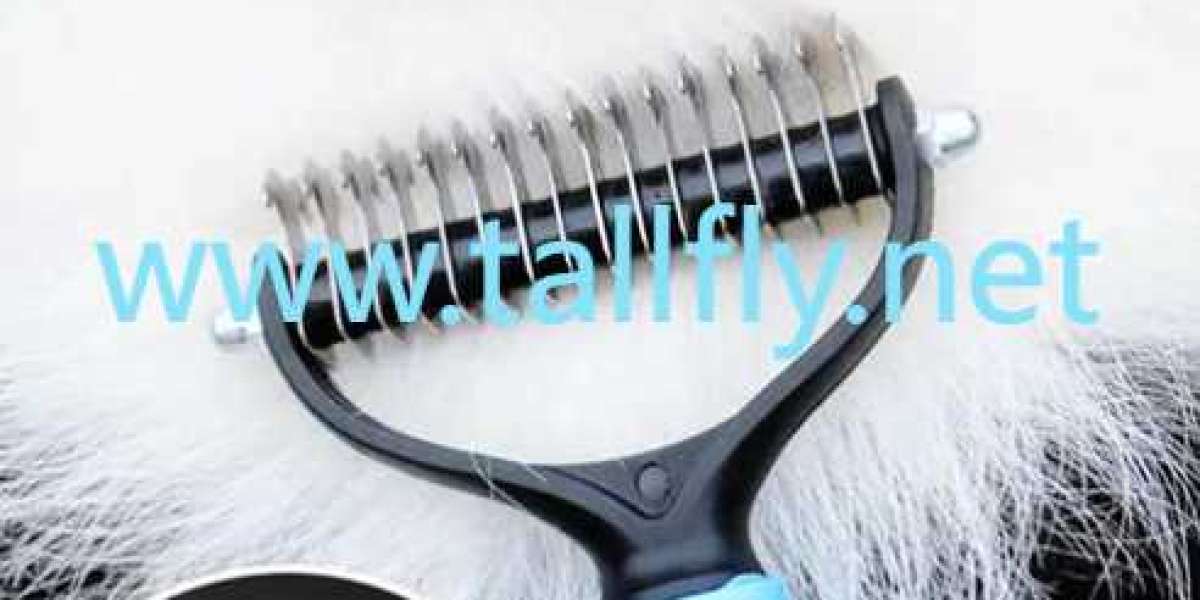Manufacturing processes that require multi-width winding systems rely heavily on the Differential Air Shaft to handle tension variations across different rolls without compromising quality.
This mechanical innovation allows multiple materials with slightly varying web tensions to be wound simultaneously on a single shaft. Unlike traditional shafts that transfer torque equally, this type employs friction-based mechanisms such as ball sleeves or rubber rollers to adaptively distribute torque. Each core on the shaft operates independently, avoiding slippage and ensuring uniform roll diameter and tension balance throughout the winding cycle.
Industries like flexible packaging, adhesive tape production, and paper converting benefit greatly from this shaft design. It simplifies operations by eliminating the need for separate winding stations for materials with minor thickness or density deviations. This leads to increased output, minimized waste, and better product consistency.
A key advantage of this shaft system lies in its compensatory control. As tension varies across the web, each friction segment absorbs and adjusts to maintain proper alignment and winding torque. This is essential when converting multi-layer films, where individual layers react differently under stress. Without this adaptive feature, manufacturers may face telescoping, core shifting, or loose winding.
The internal structure of these shafts often includes precision-machined sleeves and torque-transmitting elements. These components work together to ensure that torque is only delivered where it is needed. Some configurations feature adjustable tension control per position, allowing even finer tuning during operation.
Integration is straightforward, as most differential shafts are compatible with common air or mechanical chucks. Maintenance is also minimal due to their modular design. Worn components like friction rings or balls can be replaced independently, extending the shaft's service life and reducing operational downtime.
In automated production lines where roll uniformity and speed are critical, choosing the right winding solution can significantly impact overall efficiency. By using advanced torque balancing technology, these shafts not only improve material handling but also reduce machine vibration and mechanical wear.
Manufacturers seeking improved roll quality, reduced material scrap, and greater system flexibility may find this technology particularly suitable for evolving production demands. With rising expectations for tighter tolerances and mixed-material runs, the right shaft technology becomes a competitive advantage.
To explore structural options and available specifications, please visit www.cbbmachine.com














